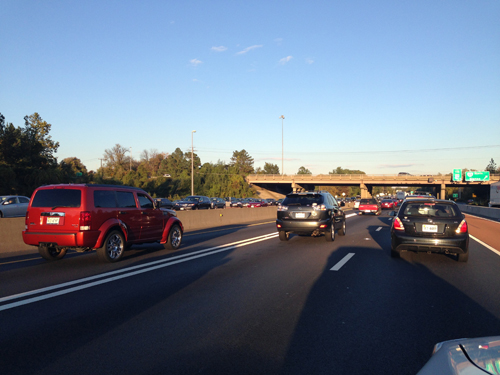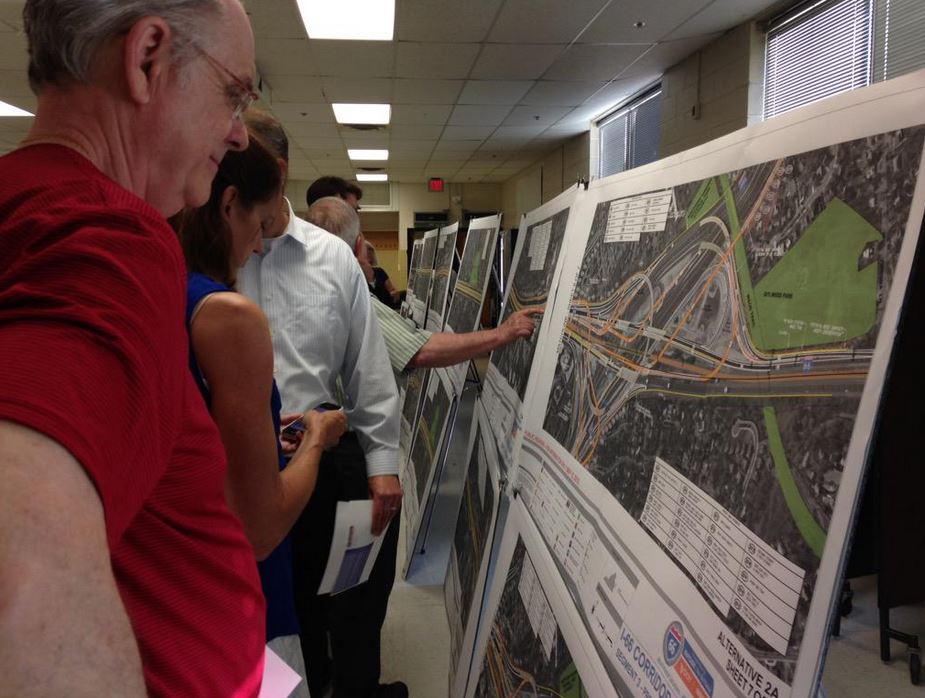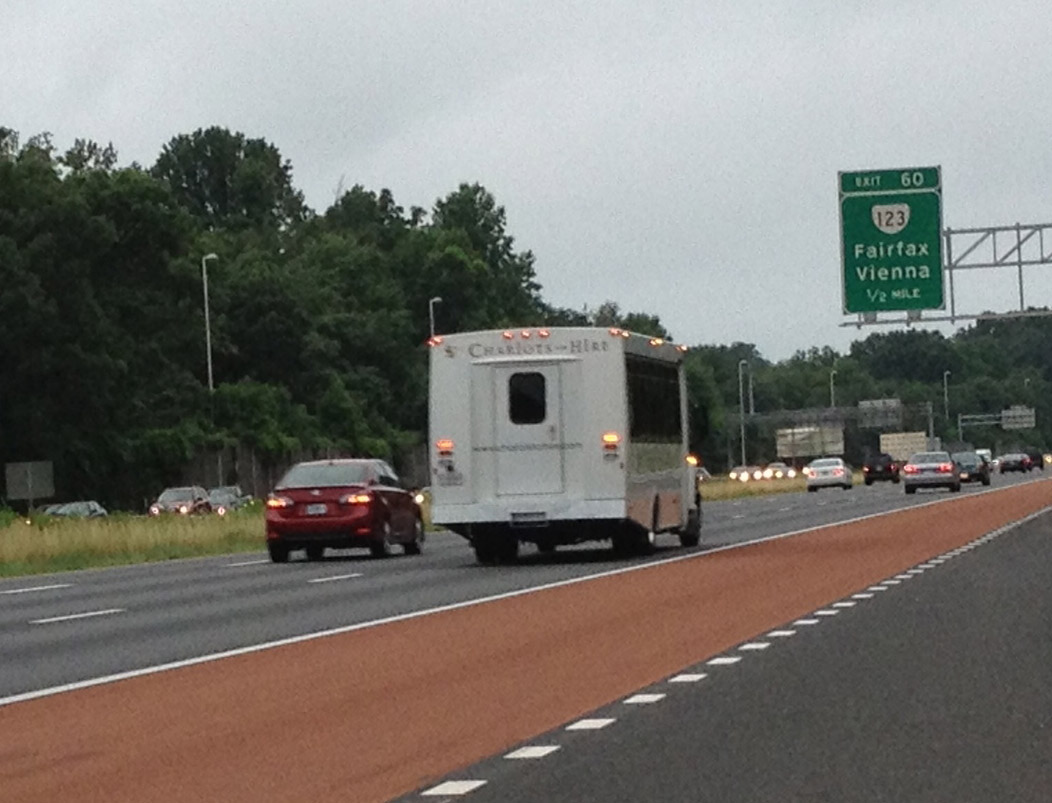RICHMOND — As plans to overhaul Interstate 66 between the Capital Beltway to Haymarket, Virginia, took a step forward, a public-private partnership advisory panel also heard that the project’s funding may not cover the entirety of the corridor.
The Transportation Public-Private Partnership Advisory Committee voted Monday afternoon to allow the commonwealth to continue pursuing a public-private partnership to design, build and potentially maintain and operate the planned new toll lanes and general lanes in the project.
The Virginia Department of Transportation has plans to redesign a 25-mile stretch of the highway from the Capital Beltway to Haymarket, Virginia, allowing three regular travel lanes and two toll-paid Express Lanes in each direction. VDOT wants the two toll lanes in each direction that, like the 95 and 495 Express Lanes, to be free with an E-ZPass Flex and three people in the car.
VDOT Commissioner Charles Kilpatrick says an evaluation will help determine a reasonable segment to build at this time given the project’s budget.
“The entire scope of the preferred alternative is the full facility to Haymarket, but what we will be bringing to the [Commonwealth Transportation] Board is a recommendation based on the information that we have and what we estimate the available funds to the project at the scope and scale of what we are looking at in terms of moving forward with a procurement,” Kilpatrick says.
He will present more details next month to the Commonwealth Transportation Board about what private companies will be asked to do to meet the requirements of a public-private partnership deal.
“We will make a recommendation in terms of what we believe is a phase that is constructible, that has logical termini, that meets the purpose and intent of the project,” he says.
Public financing remains under consideration for the project.
Deputy Transportation Secretary Nick Donohue says he expects the commonwealth would pay no more than $600 million up front no matter how the project is built.
“We cannot quantify at this time, and will not be able to quantify until we start procurement, exactly what benefits we might realize from [a public-private partnership],” he says.
Transportation Secretary Aubrey Layne is standing by earlier statements that all options are on the table.
“We very much value and realize that public-private partnerships are a great procurement tool that can benefit taxpayers, and, in fact, for us to deliver our transportation program here in the commonwealth, public-private partnerships are going to have to be part of that for us to move forward, but they are not a default procurement method, all options should be considered before making decisions,” Layne says.
“The public option that we have looked at … will continue to remain on the table throughout this process, and it will continue to be developed just as vigorously,” he adds.
Commonwealth Transportation Board Member William Fralin joined other members of the advisory committee who got reassurances that their vote Monday only allowed the state to proceed with looking for potential partners, rather than locking in a public-private partnership.
“The public solution is always the backup plan. If we get to the very end of this deal and we can’t reach a concession agreement — for whatever reason — that’s still the backup plan, we still have congestion on 66, we still have a problem that we’ve got to deal with, we still have all those issues,” he says.
The commonwealth is still working on environmental approval from the federal government, which is expected this January.
“The environmental document will define that you must fit within these parameters, the actual procurement may be less than what would be considered full scope,” Kilpatrick says.







